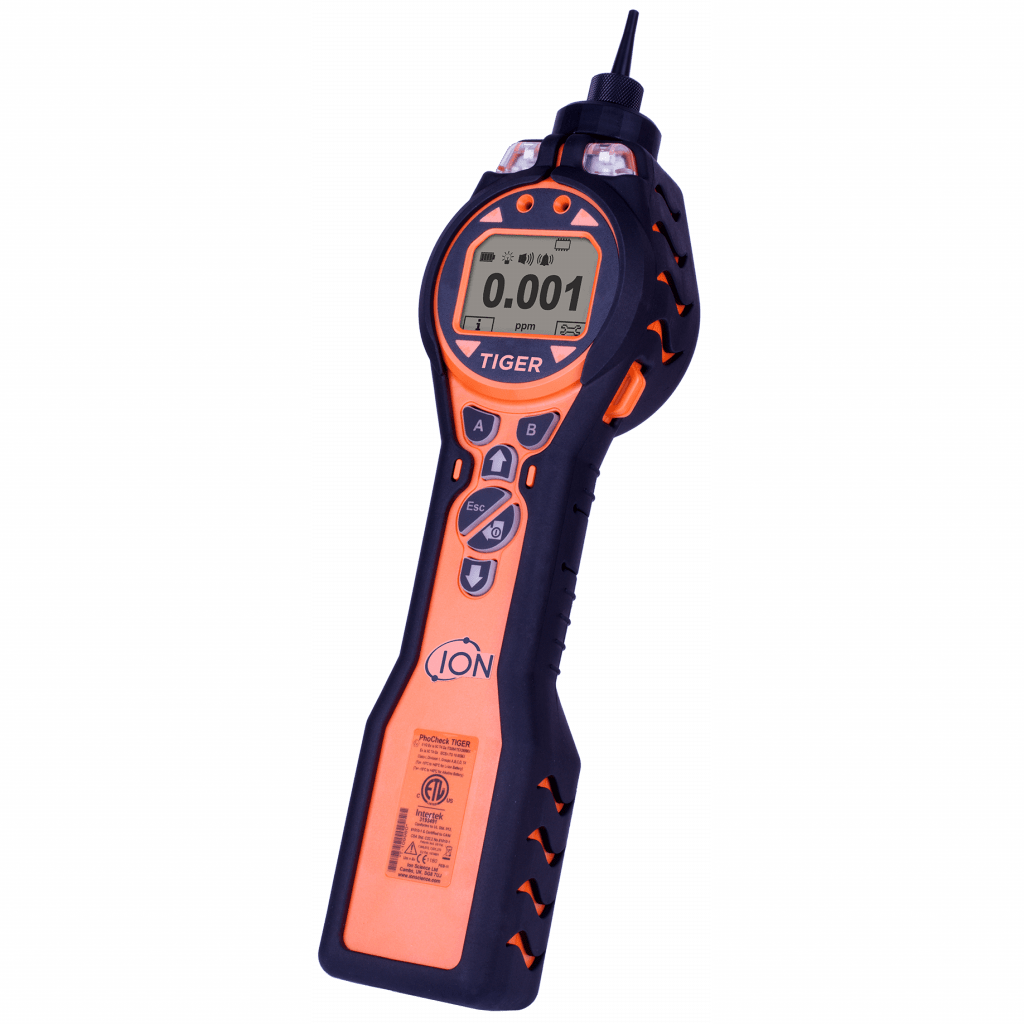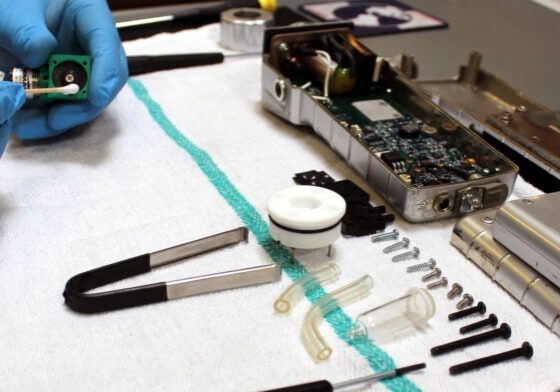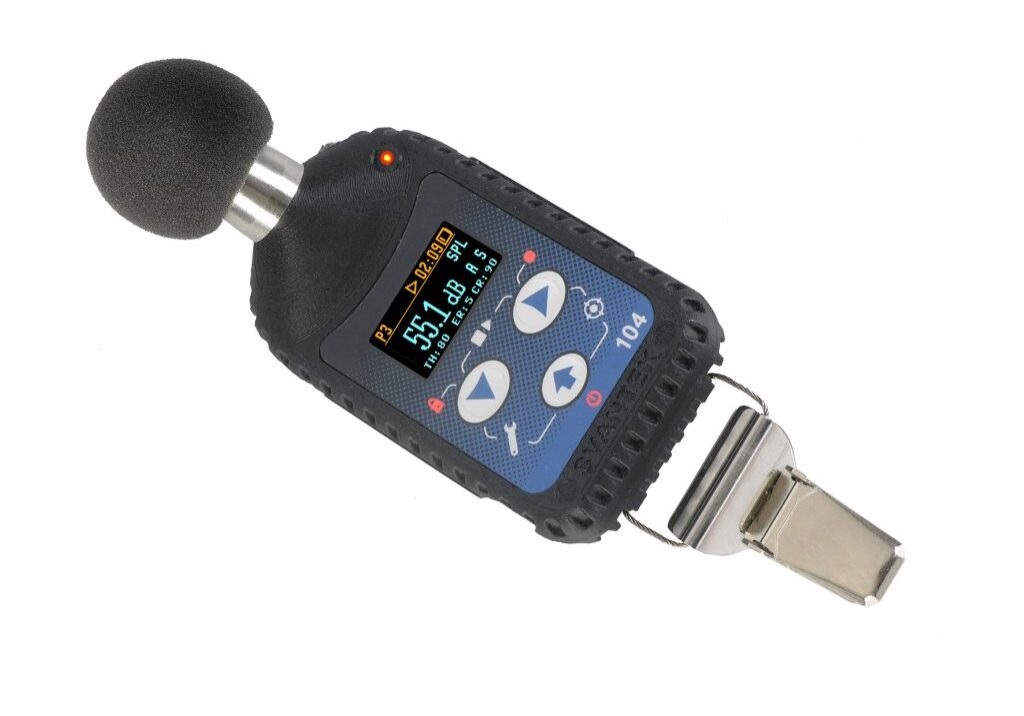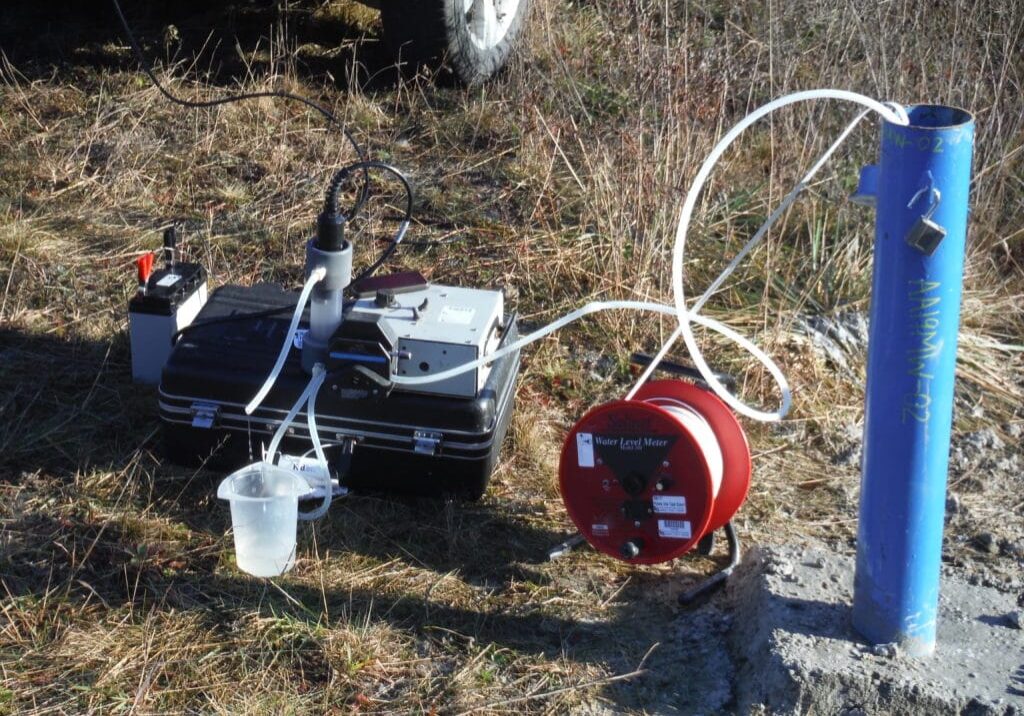Choosing the Correct PID Lamp
The two most common lamps used in Photo Ionization Detectors (PIDs) are 10.6 eV and 11.7 eV lamps. The 11.7 eV lamp measures the broadest range of compounds while the 10.6 eV lamp is more selective. To allow higher energy light to pass through, 11.7 lamps are manufactured with a cylindrical window (the flat surface at the top of the lamp) that deteriorates quickly – even when not in use. Consequently, 11.7 lamps are more expensive, have a shorter lifespan, and a significantly shorter warranty.
Drawbacks of using 11.7 eV lamps are:
- Limited warranties, typically only 3 months. (Most 10.6 eV lamps have a 3 year warranty.)
- Lifespans of 11.7 eV lamps are estimated to be between 40 hours to 200 hours of use or 3 months of shelf life. (Estimated lifespans for 10.6 eV lamps exceed 1 year.)
- 11.7 eV lamps generally cost 2 or 3 times that of a 10.6 eV lamp.
Recommendations on PID Lamp Selection
U.S. Environmental has therefore created a few recommendations for PID Lamp selection and when determining whether a 10.6 eV lamp or an 11.7 eV lamp should be used for a particular project:
- If the user is not sure of the specific VOCs that may be present, a 10.6 eV lamp will be most effective.
- If the compound of interest has ionization energy below 10.6 eV and therefore is detectable with a 10.6 eV lamp based on charts provided by the manufacturer, a 10.6 eV lamp should be used. We commonly use RAE System's Technical Note 106 to determine this.
- Please only use an 11.7 eV lamp when it has been confirmed that the compound of interest has ionization energy between 10.6 eV and 11.7 eV.
- Because the window on the 11.7 eV lamps deteriorates quickly, purchase them as close as possible to the date of use.
- Only use 11.7 eV lamps for short periods of time.
- When not in use, 11.7 eV lamps should be removed from the instrument and stored in an air-tight container.
Advantages over using one PID Lamp depending on the project
There are clear advantages to choosing one lamp over the other for a particular project. The right decision will ensure accurate readings, lower costs, and minimal downtime.
Need help with PID Lamp Selection?
We can make the process easier so you have the right PID lamp for your project. Get in Touch!
LET'S START TALKING ABOUT YOUR EQUIPMENT
We will discuss your challenges and offer you our best prices!




